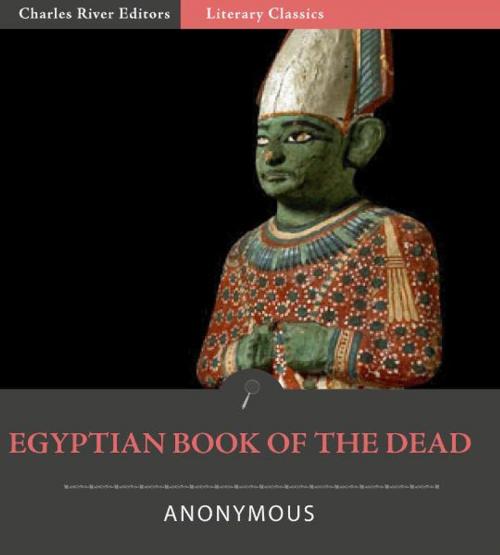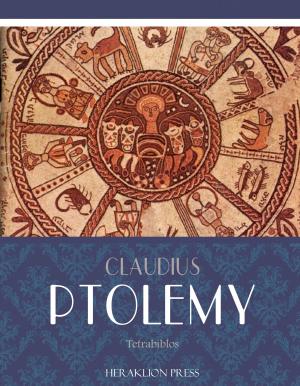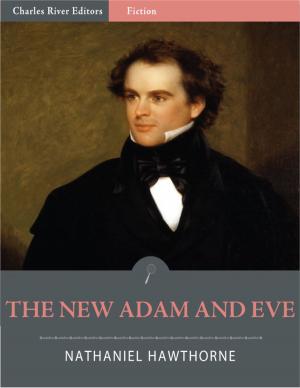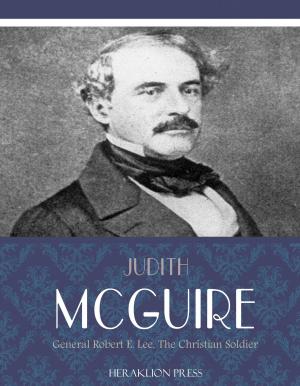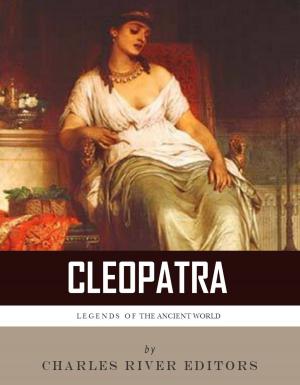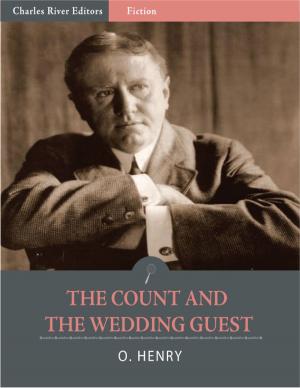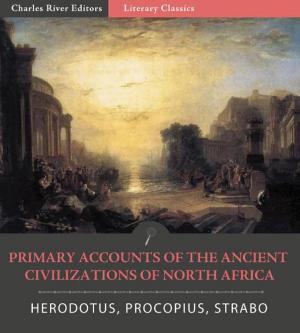| Author: | Anonymous | ISBN: | 9781619820654 |
| Publisher: | Charles River Editors | Publication: | January 13, 2012 |
| Imprint: | Language: | English |
| Author: | Anonymous |
| ISBN: | 9781619820654 |
| Publisher: | Charles River Editors |
| Publication: | January 13, 2012 |
| Imprint: | |
| Language: | English |
The Egyptian Book of the Dead is the name given to a series of ancient Egyptian funerary texts dating from 1550-50 B.C. Known in Egypt as the Book of Coming Forth by Day, the text has a number of magic spells that were to assist the dead person to the underworld and the afterlife. The Book of the Dead was part of a tradition of funerary texts which includes the earlier Pyramid Texts and Coffin Texts, and some of the Book of the Deads spells came from these older books. There was no single Book of the Dead. Instead, it has come together from surviving papyrus writings that contained a selection of religious texts and spells, varying considerably in hieroglyphics and illustrations. Some Egyptians seem to have commissioned their own copies of the Book of the Dead, perhaps choosing the spells they thought most vital in their own progression to the afterlife. The Book of the Dead was placed in the coffin or burial chamber of the deceased, while spells from the Book were inscribed on the sarcophagus and tomb walls. The existence of the Book of the Dead was known as early as the Middle Ages, but nobody could understand the contents, and it was often misinterpreted as an Egyptian version of the Bible or Quran. It eventually was translated during the 19th century, with the most common translation coming from E. A. Wallis Budge.
The Egyptian Book of the Dead is the name given to a series of ancient Egyptian funerary texts dating from 1550-50 B.C. Known in Egypt as the Book of Coming Forth by Day, the text has a number of magic spells that were to assist the dead person to the underworld and the afterlife. The Book of the Dead was part of a tradition of funerary texts which includes the earlier Pyramid Texts and Coffin Texts, and some of the Book of the Deads spells came from these older books. There was no single Book of the Dead. Instead, it has come together from surviving papyrus writings that contained a selection of religious texts and spells, varying considerably in hieroglyphics and illustrations. Some Egyptians seem to have commissioned their own copies of the Book of the Dead, perhaps choosing the spells they thought most vital in their own progression to the afterlife. The Book of the Dead was placed in the coffin or burial chamber of the deceased, while spells from the Book were inscribed on the sarcophagus and tomb walls. The existence of the Book of the Dead was known as early as the Middle Ages, but nobody could understand the contents, and it was often misinterpreted as an Egyptian version of the Bible or Quran. It eventually was translated during the 19th century, with the most common translation coming from E. A. Wallis Budge.
